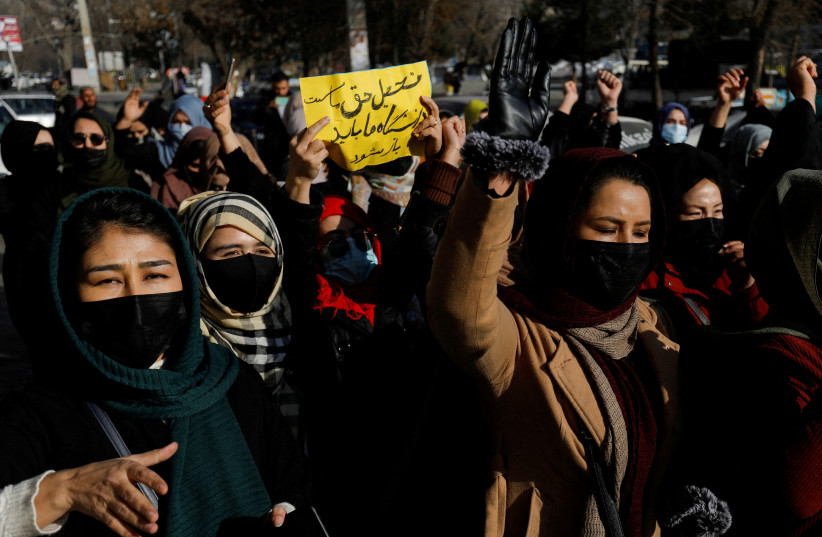The United States withdrew from Afghanistan, leaving the Taliban to take over, two years ago now. Since the takeover, many Taliban members have expressed boredom with their work requirements.
The Afghanistan Analytics Network, a non-profit research agency, published interviews with five Taliban members. The members ranged in age from 24 to 32 and had all spent between six and eleven years fighting for the Taliban.
A former sniper for the group was quoted in saying, “All we had to deal with was making plans for ta’aruz [attacks] against the enemy and for retreating.” He expressed stress at the requirements of his new role adding, “People didn’t expect much from us, and we had little responsibility towards them, whereas now if someone is hungry, he deems us directly responsible for that…the Taliban used to be free of restrictions, but now we sit in one place, behind a desk and a computer 24 hours a day, seven days a week. Life’s become so wearisome; you do the same things every day. Being away from the family has only doubled the problem.”
The former sniper’s feeling of burnout was echoed by a 25-year-old Taliban member. He stated, “I sometimes miss the jihad life for all the good things it had. In our ministry, there’s little work for me to do. Therefore, I spend most of my time on Twitter. We’re connected to speedy Wi-Fi and the Internet. Many mujahedin, including me, are addicted to the Internet, especially Twitter.”
“I sometimes miss the jihad life for all the good things it had. In our ministry, there’s little work for me to do. Therefore, I spend most of my time on Twitter. We’re connected to speedy Wi-Fi and the internet. Many mujahedin, including me, are addicted to the Internet, especially Twitter.”
Taliban member
“In the group, we had a great degree of freedom about where to go, where to stay, and whether to participate in the war,” Mansu said “However, these days, you have to go to the office before 8 a.m. and stay there till 4 p.m. If you don’t go, you’re considered absent, and [the wage for] that day is cut from your salary. We’re now used to that, but it was especially difficult in the first two or three months.”

Status of women under the Taliban government
The feelings of boredom and reduced freedom are echoed by women in Afghanistan since they were banned from secondary education, university and employment.
Many of the Taliban had not brought their family with them to Kabul, as they cited the price of rent being too high and their wage too low.
They also complained about the traffic in the region. However, the traffic may improve now that the Taliban has stopped issuing women driving licenses.
"They have what they wanted, they took the country from us. Now they have what they want, they are complaining that they are responsible for the country.”
Mawj Bahar, founder of the Bahar Women's Association
Bahar Women's Association, a non-profit set up by an Afghan refugee in England, responded to the interview.
The organization founder Mawj Bahar told The Jerusalem Post:
"They have what they wanted, they took the country from us. Now they have what they want, they are complaining that they are responsible for the country. Most of them were not educated on what the Taliban's ultimate goal was, they only wanted the position for a religious goal, not a personal goal. They have no idea how to run a country and they are polluting what Islam really is. They only know how to kill, not build. If they don't want women to work, attend education or be active citizens then who else will run the country? Afghan women will happily take the position when they realize they don't really want it.”
What is the situation in Afghanistan?
According to rescue.org, over half of Afghans are currently reliant on humanitarian aid.
The country is facing its third year of drought, which is significantly harming food security in the region. Now that women have been banned from working as aid workers, the famine and poverty of the region is expected to significantly worsen. Many organizations have also refused to continue to offer aid until the Taliban revokes their ban on female aid workers.
Adding to the issue of poverty, in 2022, the Taliban cut the welfare budget by 81%.
